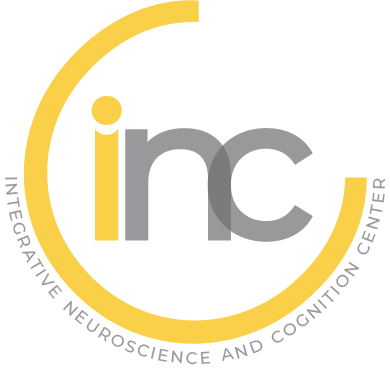Speaker
-
Jean-Michel PeyrinInstitut de Biologie Paris Seine - Sorbonne Université - Paris (CNRS UMR8246/ INSERM U1130)
Reconstructing rodent and human Neuronal Networks to model Neurodegenerative syndromes, by Jean-Michel Peyrin
Reconstructing rodent and human Neuronal Networks to model Neurodegenerative syndromes
Summary
Human brain is a complex organ composed of several hundred billions of cells and even more numerous interconnected cellular interactions. There is a high demand for experimental models to study these interactions in various contexts, ranging from cognitive sciences to studies of the cellular and molecular mechanisms of neurodegenerative diseases which lead to progressive destruction of neuronal networks. Advance in micro-technologies applied to neuronal networks is paving the way to the development of “brain on chip” that will provide new opportunities to the study of human neuronal networks function and dysfunction. We and others have demonstrated that microfluidic and micro-patterning techniques for neuronal cell culture allows a deterministic control of neuronal polarity and the possibility to reconstructs fully functional rodent and human neuronal pathways in vitro, thus bridging the gap between in vivo and in vitro models. Here I will present results illustrating the development of new 2D and 3D Brain on Chip platform and their potential interest to model Prion Like propagation of Synuclein aggregates along minimalistic neural pathways.
Short Biography
 Jean-Michel Peyrin is an experienced researcher in the prion field. After Graduating in Organic chemistry from Université René Descartes Pharmaceutical School, Dr Peyrin acquired experience in the study of the neurobiological impact of prions during his PhD work in Dr D. Dormont’s laboratory, and later in as an Assistant Pr at Université-de-Paris-Sud and INRA (National Agronomical Research Institute). He acquired strong experience in propagating infectious prions in primary neuronal cell cultures, allowing studying the pathogenic properties of prions in neurons. JM Peyrin was later recruited as a CNRS researcher and has been involved in developing compartmentalized microfluidic cell culture chambers for primary neurons. He recently developed new microfluidic platforms allowing the reconstruction of rodent and human neuronal networks in vitro. Using these systems Dr JM Peyrin has active interest in the propagation of neuronal dysfunction along neuronal pathways and the role axonal and synaptic degeneration in neurodegenerative syndromes.
Jean-Michel Peyrin is an experienced researcher in the prion field. After Graduating in Organic chemistry from Université René Descartes Pharmaceutical School, Dr Peyrin acquired experience in the study of the neurobiological impact of prions during his PhD work in Dr D. Dormont’s laboratory, and later in as an Assistant Pr at Université-de-Paris-Sud and INRA (National Agronomical Research Institute). He acquired strong experience in propagating infectious prions in primary neuronal cell cultures, allowing studying the pathogenic properties of prions in neurons. JM Peyrin was later recruited as a CNRS researcher and has been involved in developing compartmentalized microfluidic cell culture chambers for primary neurons. He recently developed new microfluidic platforms allowing the reconstruction of rodent and human neuronal networks in vitro. Using these systems Dr JM Peyrin has active interest in the propagation of neuronal dysfunction along neuronal pathways and the role axonal and synaptic degeneration in neurodegenerative syndromes.
